SUMMARY
This is AI generated summarization, which may have errors. For context, always refer to the full article.
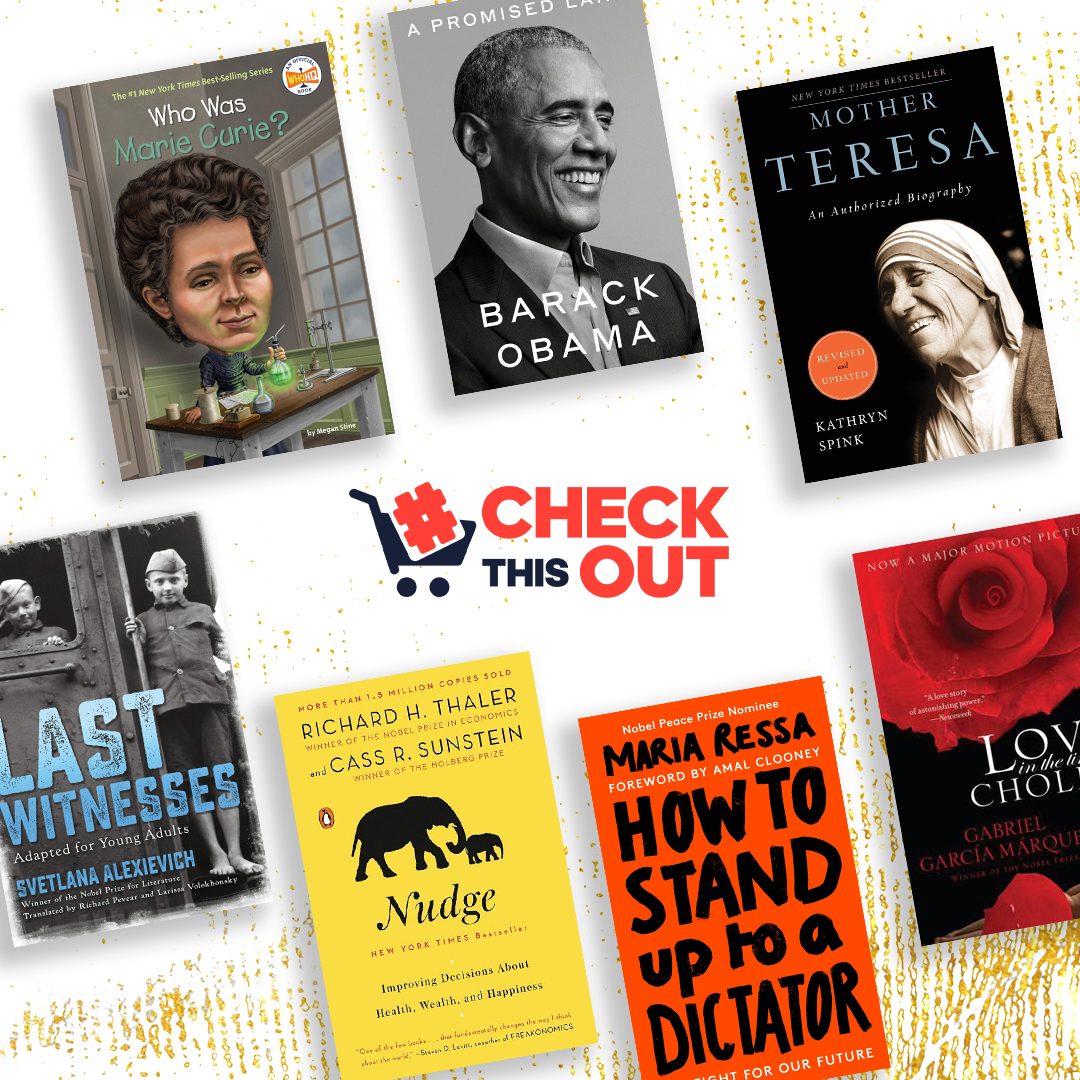
Editor’s note: Some finds are simply too good not to share. Let us guide you on some of the best deals out there. Before you check that cart out, be sure to #CheckThisOut🛒. Our articles contain affiliate links from our partners. We earn a small commission when you shop using these links.
What’s the Nobel Prize all about anyway?
In a jiffy, Swedish multi-hyphenate Alfred Nobel thought of giving out Nobel prizes to people and organizations for their “greatest benefit to humankind.” Written in his will were four prizes – for Physics and Chemistry, Physiology or Medicine, Literature, and the Nobel Peace Prize – and the Swedish and Norwegian institutions that would select the winners annually. In 1969, the fifth prize, in Economic Sciences, was established by Swedish central bank Riksbank in Nobel’s memory.
Over the years, these Nobel prizes, as awarded by the Nobel Foundation, earned prestige and became sought-after recognitions among intellectual circles and international bodies. Once someone or a group is conferred as a laureate, their contributions are forever etched in history, joining the ranks of notable thinkers and doers such as Albert Einstein, the International Committee of the Red Cross, and most recently, Rappler CEO Maria Ressa.
What makes some of the winners great? What exactly were their “benefits to humankind”? These interesting tomes written by or about them might give us a clue:
Nudge: Improving Decisions About Health, Wealth, and Happiness
by Richard Thaler & Cass Sunstein
Prize: The Sveriges Riksbank Prize in Economic Sciences in Memory of Albert Nobel, 2017
Basis: “For his contributions to behavioral economics”
University of Chicago professor Richard Thaler is a known theorist in the field of behavioral economics, a discipline that looks at the intersection between economic decision-making and the psychological factors that motivate these. Co-written with Harvard’s Cass Sunstein, Nudge is a preview of Thaler’s genius; the book examines the biases that can lead us to make bad life decisions.
Mother Teresa: An Authorized Biography
by Kathryn Spink
Prize: The Nobel Peace Prize, 1979
Basis: “For her work for bringing help to suffering humanity”
Albanian-born Agnes Gonxha Bojaxhiu heeded the call of God, and the rest was history. She headed to Calcutta, India, as Mother Teresa, where she homed orphans, lepers, and the terminally ill. All of these can be read in this biography by Kathryn Spink – the only work authorized by Mother Teresa. Spink went the extra mile to look at the saint’s Missionaries of Charity, beatification, and more issues after her death.
Love in the Time of Cholera
by Gabriel García Márquez
Prize: The Nobel Prize in Literature, 1982
Basis: “For his novels and short stories, in which the fantastic and the realistic are combined in a richly composed world of imagination, reflecting a continent’s life and conflicts”
That impassioned reason by the Nobel committee speaks for this Colombian author’s mastery. From journalist to novelist, Márquez was one of the several authors – particularly in the vein of magical realism – who brought South America’s rich literature to the world stage. Part of his opus is Love in the Time of Cholera, a melodrama that spans decades, tragedies, and a painful pining for lost love.
Who Was Marie Curie?
by Megan Stine
Prizes: The Nobel Prize in Physics, 1903 (with Henri Becquerel and Pierre Curie) and 1911 (by herself)
Basis: “In recognition of her services to the advancement of chemistry by the discovery of the elements radium and polonium, by the isolation of radium and the study of the nature and compounds of this remarkable element”
As early as 1903, women have been ruling science. And you read it, Curie won two Nobel prizes – the first one was shared with Prof. Henri Becquerel and Pierre Curie for their work on the “radiation phenomena,” while the next was entirely her own: for discovering radium and polonium, among other things.
Megan Stine presented the physicist’s extraordinary achievements in a digestible format for young readers. Perfect for inspiring future female scientists!
A Promised Land
by Barack Obama
Prize: The Nobel Peace Prize, 2009
Basis: “For his extraordinary efforts to strengthen international diplomacy and cooperation between peoples”
Just a few months after his inauguration as the 44th president of the United States, Barack Obama earned a Nobel for advocating dialogue and cooperation among people of different races, ethnicities, and religious backgrounds – even years before he came into power. In his 2020 memoir, A Promised Land, he talked about this and more, including his insights on US politics, the diplomatic challenges he confronted during his term, and how the White House has affected the Obama household.
Last Witnesses, Adapted for Young Adults
by Svetlana Alexievich
Prize: The Nobel Prize in Literature, 2015
Basis: “For her polyphonic writings, a monument to suffering and courage in our time”
Belarusian journalist and author Svetlana Alexievich’s staunch criticism of the Soviet regime, and later, of Belarus pushed her to seek refuge in other countries, but has emboldened her to write “documentary novels” that paint what it is like to live in these troubled political environments. One of these is Last Witnesses, her collection of the “memories of Russian children” during World War II – a time that had a profound impact on the old USSR.
How to Stand Up to a Dictator
by Maria Ressa
Prize: The Nobel Peace Prize, 2021 (shared with Russia’s Dmitry Muratov)
Basis: “for their efforts to safeguard freedom of expression, which is a precondition for democracy and lasting peace”
Ressa’s Nobel win is a culmination of her activist brand of journalism, which eventually shaped everything that Rappler stands for. She chronicles some of her experiences in illuminating the dangerous intersection of power and digital media in her forthcoming book How to Stand Up to a Dictator (out April 2022), which Penguin Books has teased as mapping “a network of disinformation” from Duterte, Brexit, and Silicon Valley down “to our own clicks and our own votes.”
But if you can’t wait to grab a copy, you can check out her previous release, 10 Days, 10 Years, where she looked back on investigating the spread of terrorism from Afghanistan to Southeast Asia – including leading the crisis team in the 2008 kidnapping of Ces Drilon by the Abu Sayyaf.
As these winners and their respective works show, the Nobel Prize is about championing critical thought, humanity’s progress, and the welfare of communities. It’s driven by the genuine desire to discover, express, and work for what’s right and what’s good for the world. – Rappler.com
Add a comment
How does this make you feel?
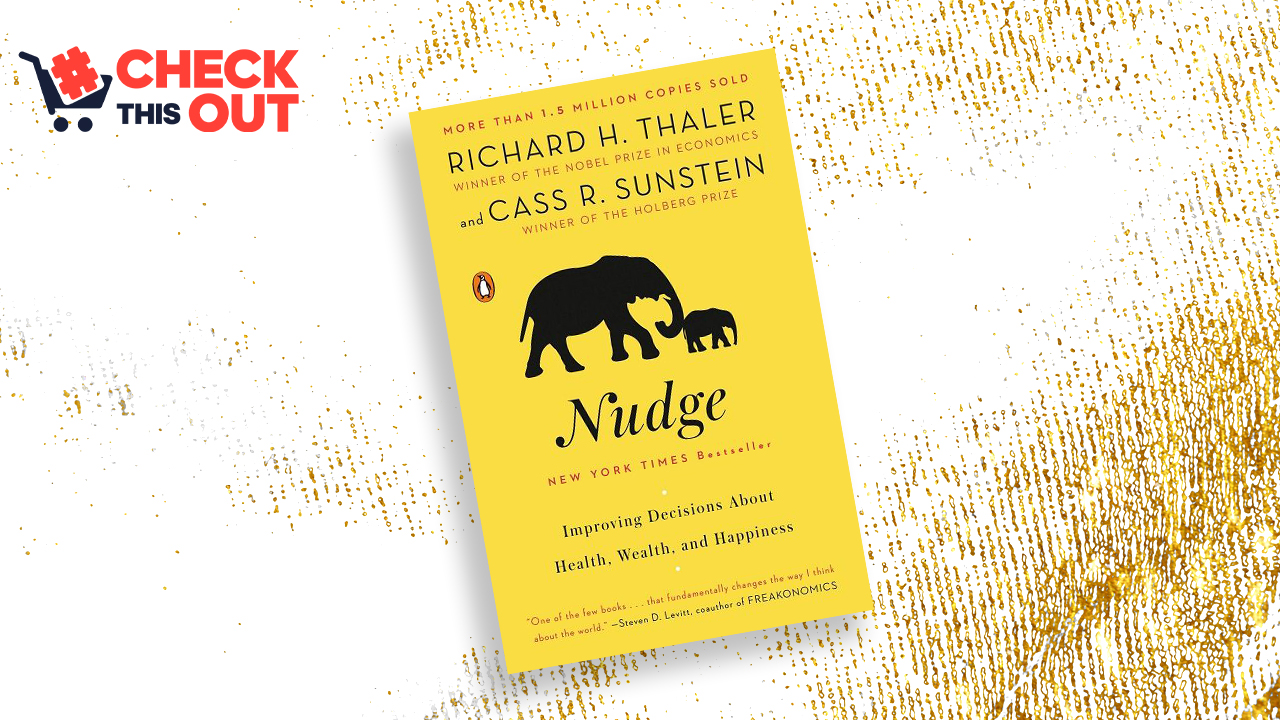
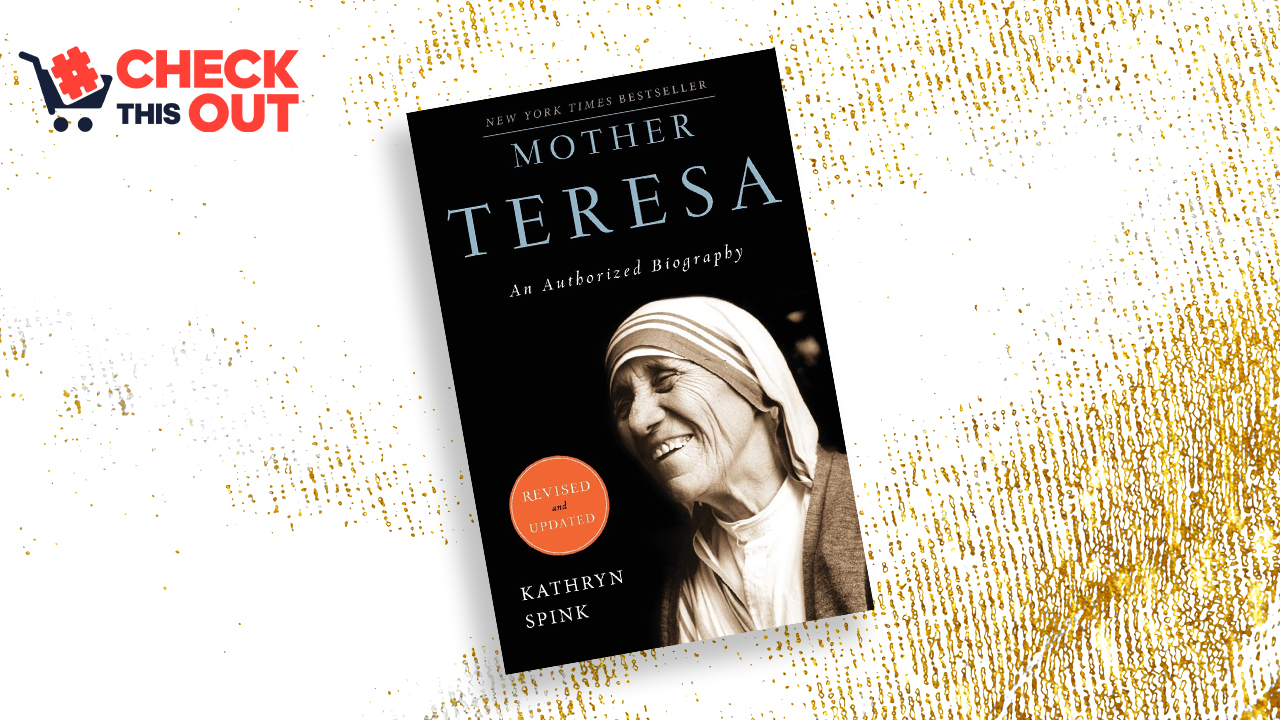
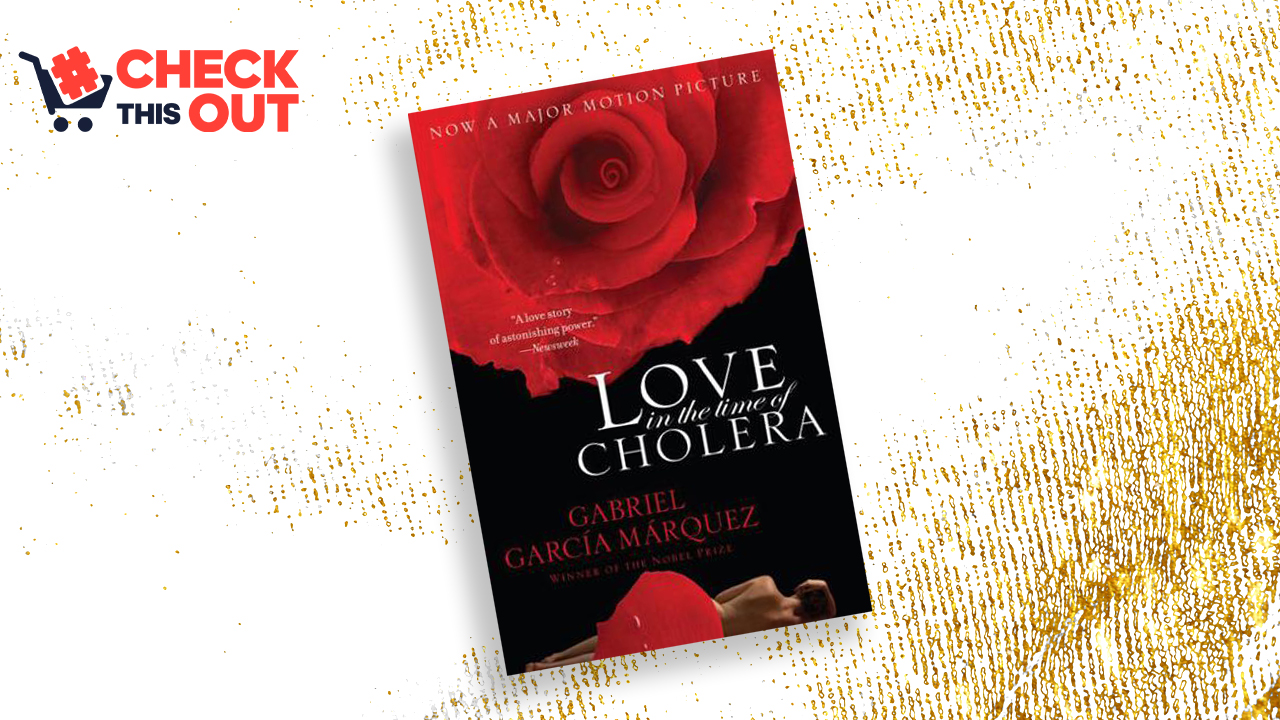
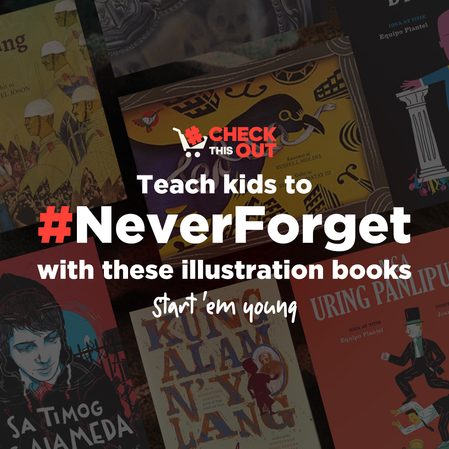
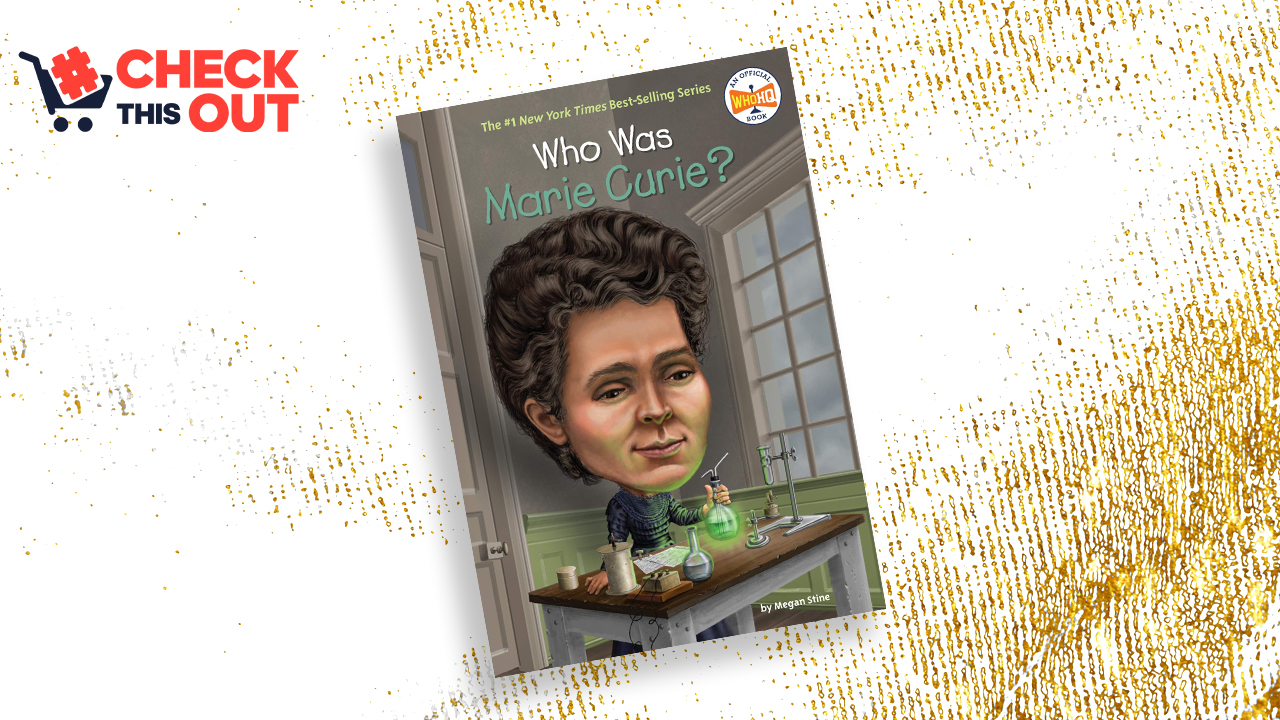
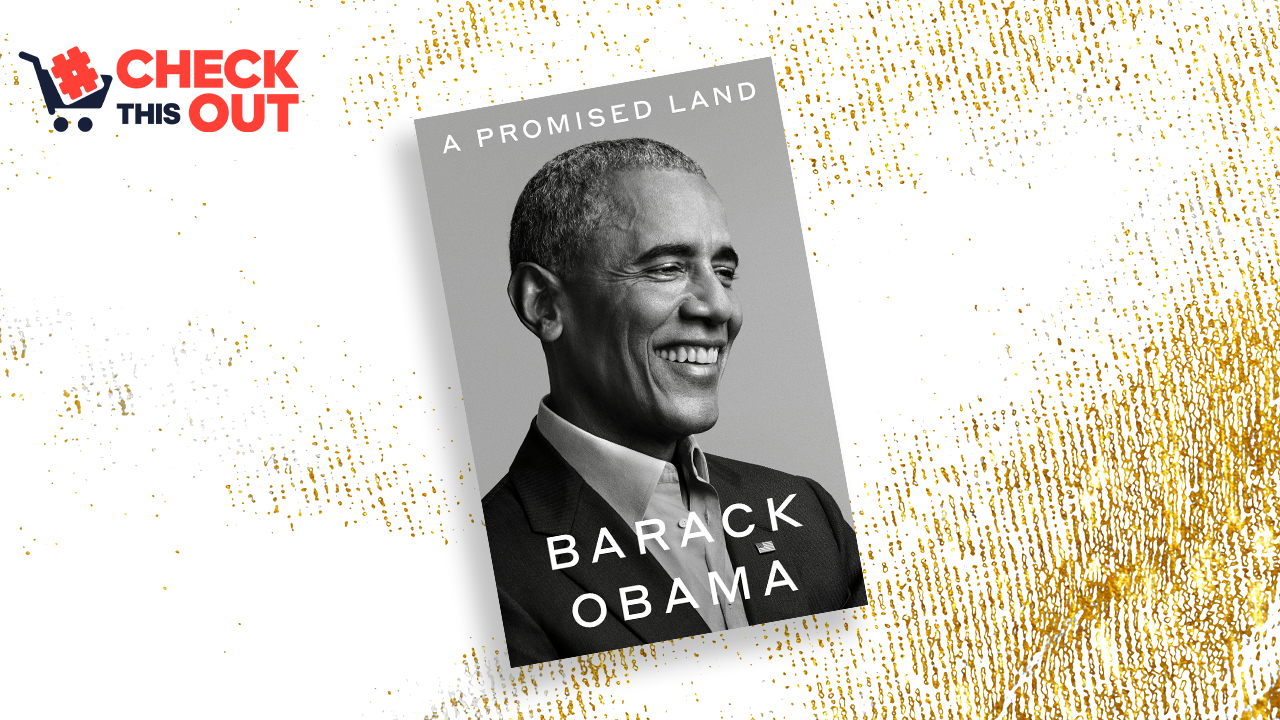
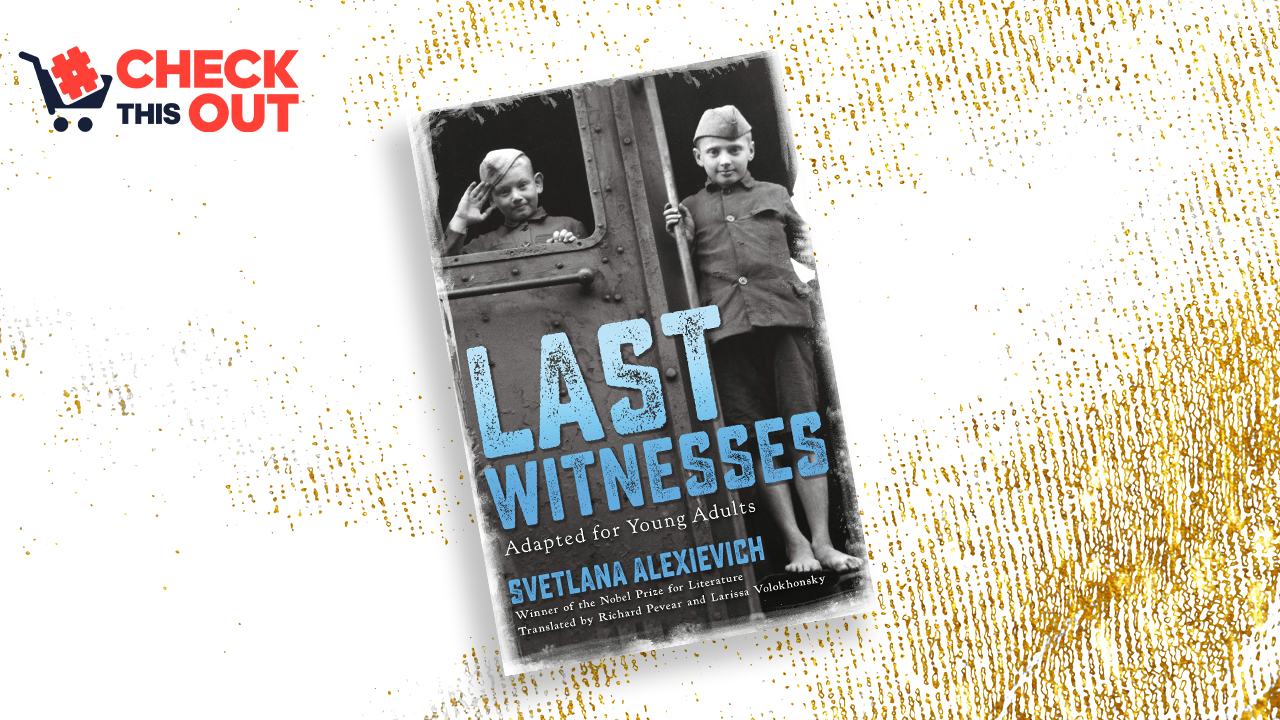
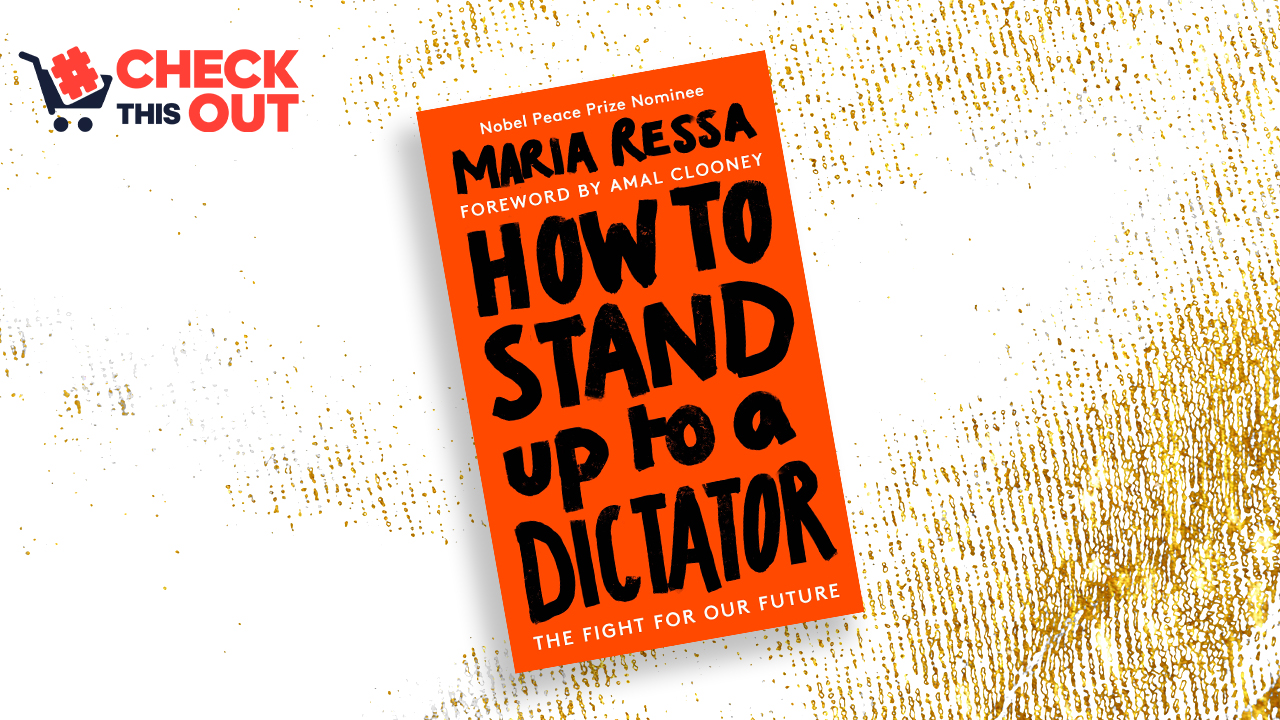
![[#RapplerReads] Books that showcase the Filipino LGBTQ+ experience](https://www.rappler.com/tachyon/2023/06/rr-carousel.jpg?resize=257%2C257&crop_strategy=attention)
![[#RapplerReads] Five books to read if you loved Netflix’s ‘Beef’](https://www.rappler.com/tachyon/2023/04/rapplerreads-beef-carousel-april2023.jpg?resize=257%2C257&crop_strategy=attention)
![[#RapplerReads] Lessons on power, as told by women](https://www.rappler.com/tachyon/2023/03/rappler-reads-carousel-march-7-2023.jpg?resize=257%2C257&crop_strategy=attention)
![[#RapplerReads] Bretman Rock’s ‘You’re That B*tch’ celebrates living your best life](https://www.rappler.com/tachyon/2023/03/Rappler-Reads-bretman-rock-01.jpg?resize=257%2C257&crop_strategy=attention)
![[#RapplerReads] Books to help you build self-love this Valentine’s Day](https://www.rappler.com/tachyon/2023/02/valentines-rappler-reads-carousel.jpg?resize=257%2C257&crop_strategy=attention)
![[Rappler’s Best] Patricia Evangelista](https://www.rappler.com/tachyon/2024/04/unnamed-9-1.jpg?resize=257%2C257&crop=486px%2C0px%2C1333px%2C1333px)
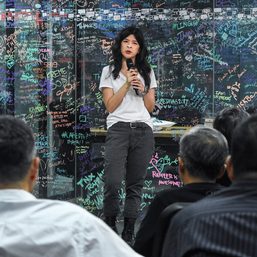
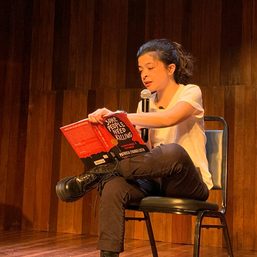
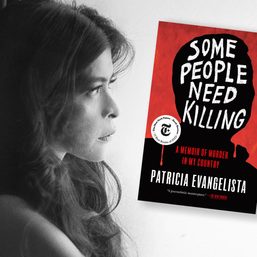
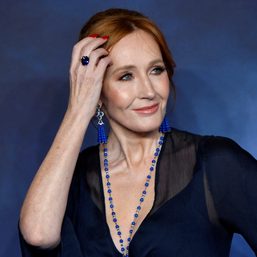

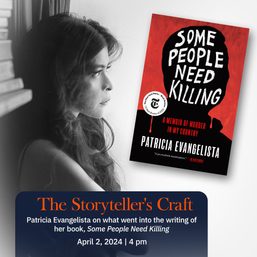
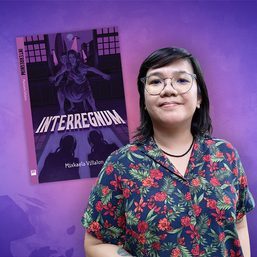
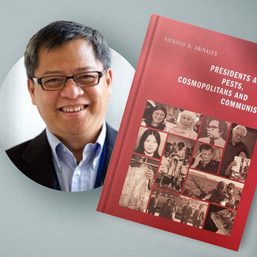
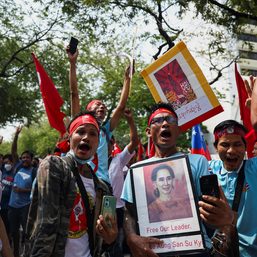
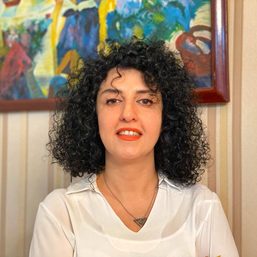



There are no comments yet. Add your comment to start the conversation.